October 28, 2014
Four-building Hammersmith office development acquired by AXA
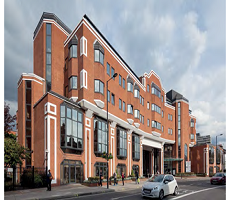 A 193,000 sq ft (17,930 sqm) office property based in Hammersmith West London has been acquired by AXA Real Estate. 77 Fulham Palace Road comprises four buildings: Hamlet, Horatio, Ophelia and Elsinore and is currently let to 19 tenants. It has a wide range of floor sizes across the four buildings and unusually for Central London has 221 parking spaces. Given a current lack in supply of Grade A office space in West London, AXA has indicated that it will increase the current floor space at the property by 18,900 sq ft (1,755 sqm), and transform it into Grade A office space. This expansion would be undertaken alongside a planned refurbishment of some of the buildings, to enhance their overall functionality and design, adding to the current facilities on offer. Huw Stephens, Head of UK Transactions at AXA said: “At 77 Fulham Palace Road we have identified an opportunity, through a number of asset management initiatives, to add value to a core, well located asset in London. By utilising the expertise of our local asset management teams, we will be able to improve the tenant mix, whilst delivering investment performance to our clients.”
A 193,000 sq ft (17,930 sqm) office property based in Hammersmith West London has been acquired by AXA Real Estate. 77 Fulham Palace Road comprises four buildings: Hamlet, Horatio, Ophelia and Elsinore and is currently let to 19 tenants. It has a wide range of floor sizes across the four buildings and unusually for Central London has 221 parking spaces. Given a current lack in supply of Grade A office space in West London, AXA has indicated that it will increase the current floor space at the property by 18,900 sq ft (1,755 sqm), and transform it into Grade A office space. This expansion would be undertaken alongside a planned refurbishment of some of the buildings, to enhance their overall functionality and design, adding to the current facilities on offer. Huw Stephens, Head of UK Transactions at AXA said: “At 77 Fulham Palace Road we have identified an opportunity, through a number of asset management initiatives, to add value to a core, well located asset in London. By utilising the expertise of our local asset management teams, we will be able to improve the tenant mix, whilst delivering investment performance to our clients.”





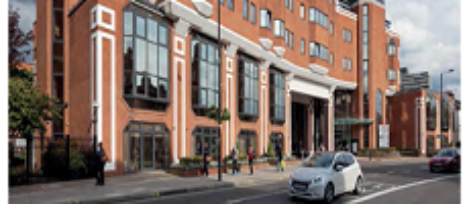
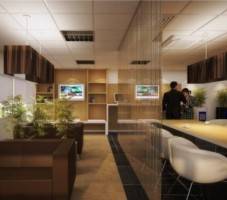

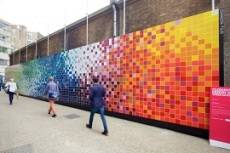





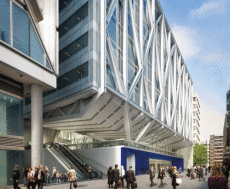








October 21, 2014
The death of the office desk may have been exaggerated
by Crispin Williams • Comment, Furniture, Workplace design